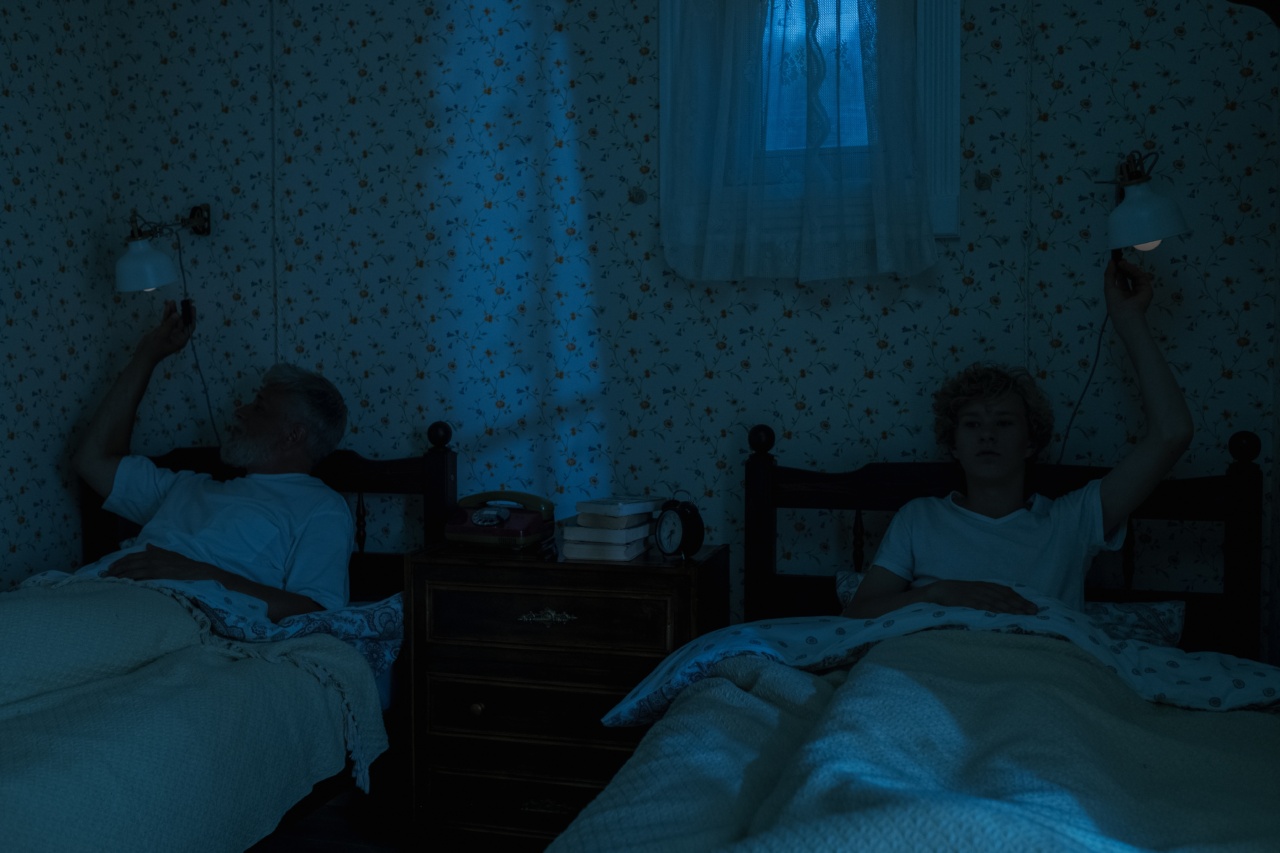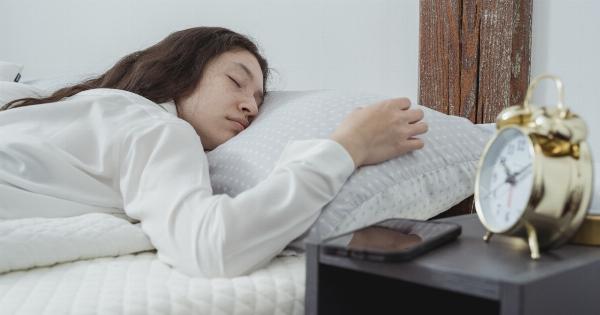As mobile phones have become an integral part of our lives, it’s common for many of us to have our smartphones right by our side, even when we sleep. For some, the idea of not having their phone next to them at night may be difficult to imagine.
However, is it actually okay to have your mobile phone next to your bed at night? In this article, we’ll explore the potential risks and benefits of keeping your phone close while you sleep.
Risks of having your phone next to your bed at night
There are several potential risks associated with keeping your mobile phone next to your bed at night.
Disturbed sleep
The blue light emitted by mobile phone screens can interfere with the body’s production of melatonin, which is a hormone that regulates our sleep-wake cycle.
Studies have shown that exposure to blue light before bedtime can lead to disrupted sleep, including difficulty falling asleep and staying asleep throughout the night. Additionally, notifications and alerts from your phone can lead to interrupted sleep, as sounds and vibrations can wake you up even if you’re in a deep sleep.
Increased anxiety and stress
Having your phone next to you at night can also lead to increased anxiety and stress levels.
This is because we may feel obligated to respond immediately to messages or notifications, which can cause us to feel like we’re always on-call and never truly able to relax. Additionally, scrolling through social media or reading the news before bed can also increase feelings of stress or anxiety, which can negatively impact our sleep quality.
Radiation exposure
Another potential risk of keeping your phone next to your bed at night is exposure to radiofrequency (RF) radiation, which is emitted by all mobile phones.
While research on the effects of RF radiation on our health is ongoing, some studies have suggested that long-term exposure to RF radiation could increase the risk of certain cancers and other health issues.
Distraction from other activities
Finally, having your phone right next to you at night can be a distraction from other activities that are important for our health and wellbeing, such as reading a book, practicing meditation, or spending quality time with a partner or family member.
Benefits of having your phone next to your bed at night
Despite the potential risks associated with keeping your phone next to your bed at night, there are also some potential benefits to consider.
Accessibility in case of emergencies
If you live alone or are the primary caregiver for someone who has health issues, having your phone next to you at night can provide peace of mind in case of emergencies.
If you need to call for help or quickly reach someone in case of an emergency, having your phone right next to you can make all the difference.
Reduced anxiety about missed messages
For many of us, the fear of missing an important message or alert can be a source of anxiety.
If you’re someone who frequently receives important or time-sensitive messages, having your phone next to you can help reduce anxiety about missed notifications. This can be particularly important for individuals who rely on their phones for work or have family members who require constant monitoring (such as parents with young children).
Improved productivity in the morning
Finally, having your phone next to you at night can help you be more productive in the morning.
By using your phone as an alarm clock, you can avoid the temptation to hit the snooze button and oversleep, which can leave you feeling groggy and unproductive for the rest of the day.
So, is it okay to have your mobile phone next to your bed at night?
Ultimately, the decision to keep your mobile phone next to your bed at night depends on your personal preferences and priorities.
While there are certainly potential risks associated with keeping your phone close while you sleep, there are also some potential benefits to consider.
If you decide to keep your phone next to your bed at night, it’s important to take steps to minimize the potential risks, such as using the “Do Not Disturb” feature to avoid notifications, placing your phone on airplane mode while you sleep, and limiting screen time before bedtime. By taking these steps, you can enjoy the benefits of having your phone close while also protecting your health and wellbeing.





























